AO Edited
Bryant's Grocery and Meat Market
A decaying building marks the site associated with Emmett Till's brutal 1955 murder, which helped sparking the civil rights movement.
Bryant’s Grocery and Meat Market is far from a monument. Slim, moldering, and open to the elements, the structure looks ripe for demolition. At one time, the building was a general store, selling dime candy and basic provisions. Today, a plaque outside the decaying structure explains its history: In August 1955, a white shopkeeper accused 14-year-old Emmett Till, who was black, of flirting with her. In response to the accusation, he was kidnapped, tortured, and murdered. It was a sickening act of violence that helped spark the civil rights movement.
The sign outside the store was erected in 2011, to mark the 50th anniversary of the 1961 Freedom Rides. It’s part of the Mississippi Freedom trail, 25 historical sites commemorated by the State of Mississippi for their importance to the civil rights movement. Some of these spaces, such as the Mississippi State Penitentiary, where wardens subjected imprisoned Freedom Riders to abuse, are as unsettling as Bryant’s Grocery, their legacies of human misery and cruelty far removed from the grandiosity of a monument. Some, like the University of Mississippi—where in 1962, James Meredith challenged segregation to become the college’s first black student—are vibrant and living. All challenge us to face pivotal moments in history, including those we may rather forget.
This is in line with what Emmett Till’s mother requested after her son’s death. Till had been visiting Mississippi from Chicago at the time of his murder. Afterward, his mother requested that his body be returned to her for his funeral. The white assailants had mutilated the 14 year old beyond recognition, but Mamie Elizabeth Till-Mobley asked for an open casket. “I think everybody needed to know what had happened to Emmett Till,” she was later quoted as saying. There were 50,000 attendees at Till’s funeral; thousands more saw the picture of his body in the national press. Till’s killers had been acquitted of all charges, but Mamie Till-Mobley’s courage made the country pay attention.
Today, the abandoned grocery reminds visitors not to forget. Its ugliness and dilapidation refuse to sanitize history; its persistent mark on the landscape refuses to erase it. It forces us to look.
Community Contributors
Added by
Edited by
Plan Your Trip
The Atlas Obscura Podcast is Back!



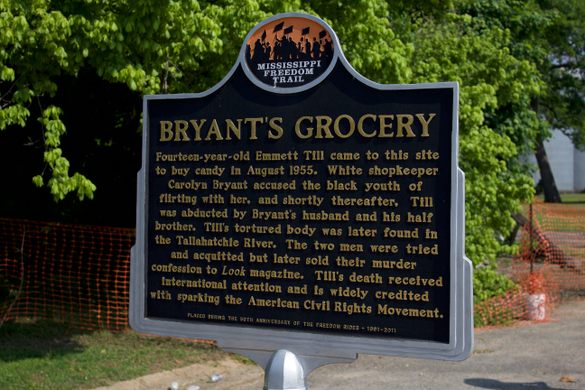

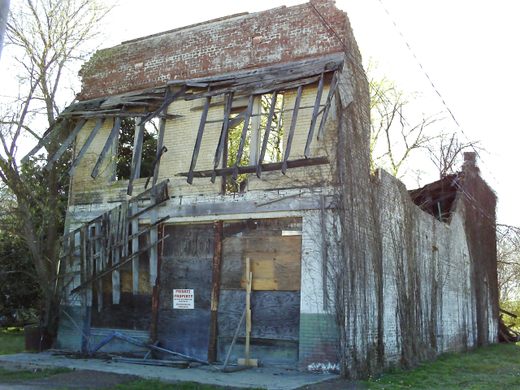












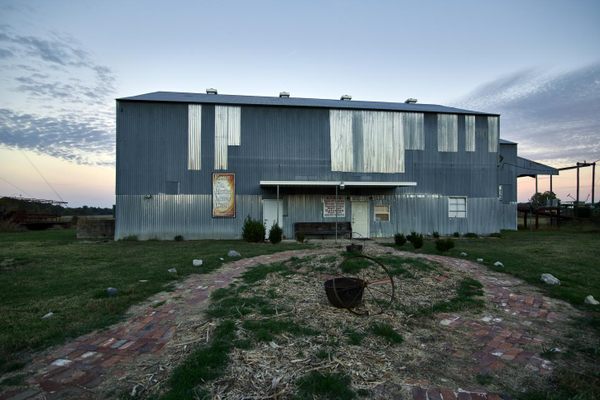

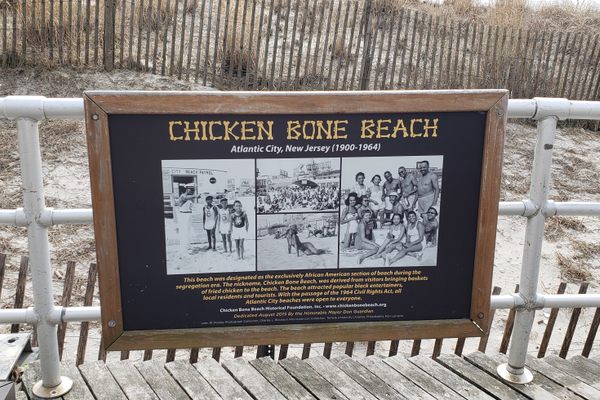
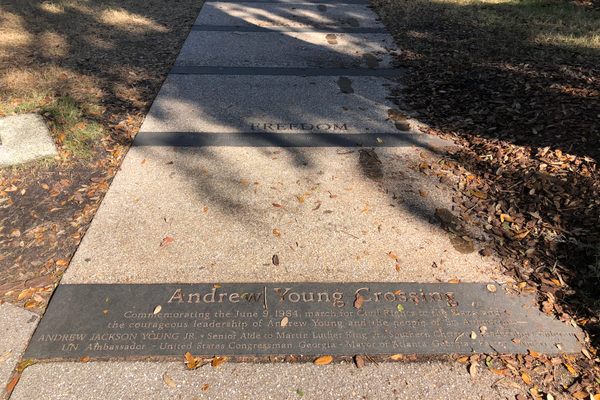
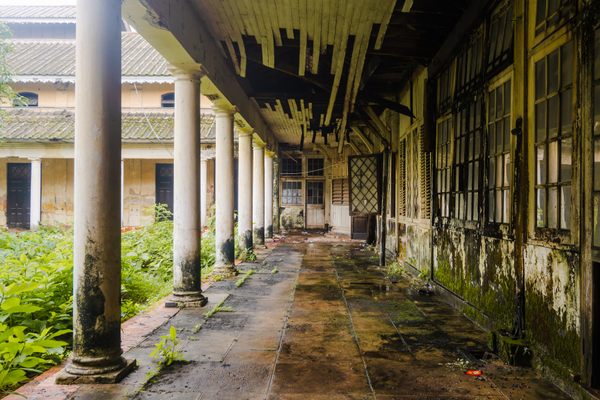
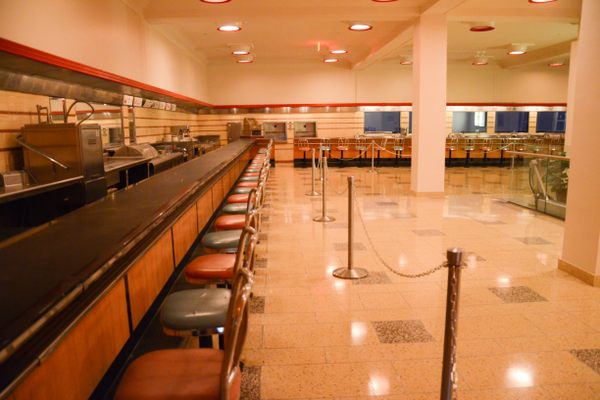
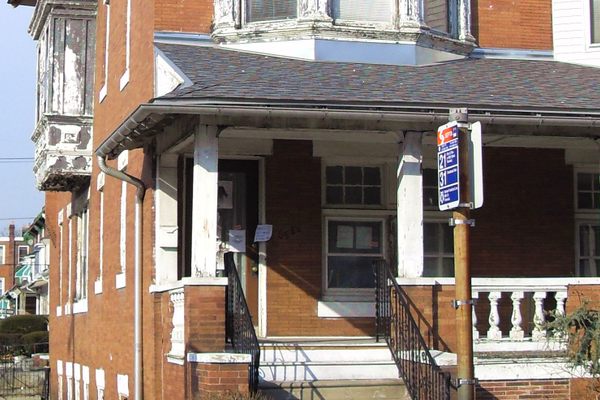


Follow us on Twitter to get the latest on the world's hidden wonders.
Like us on Facebook to get the latest on the world's hidden wonders.
Follow us on Twitter Like us on Facebook